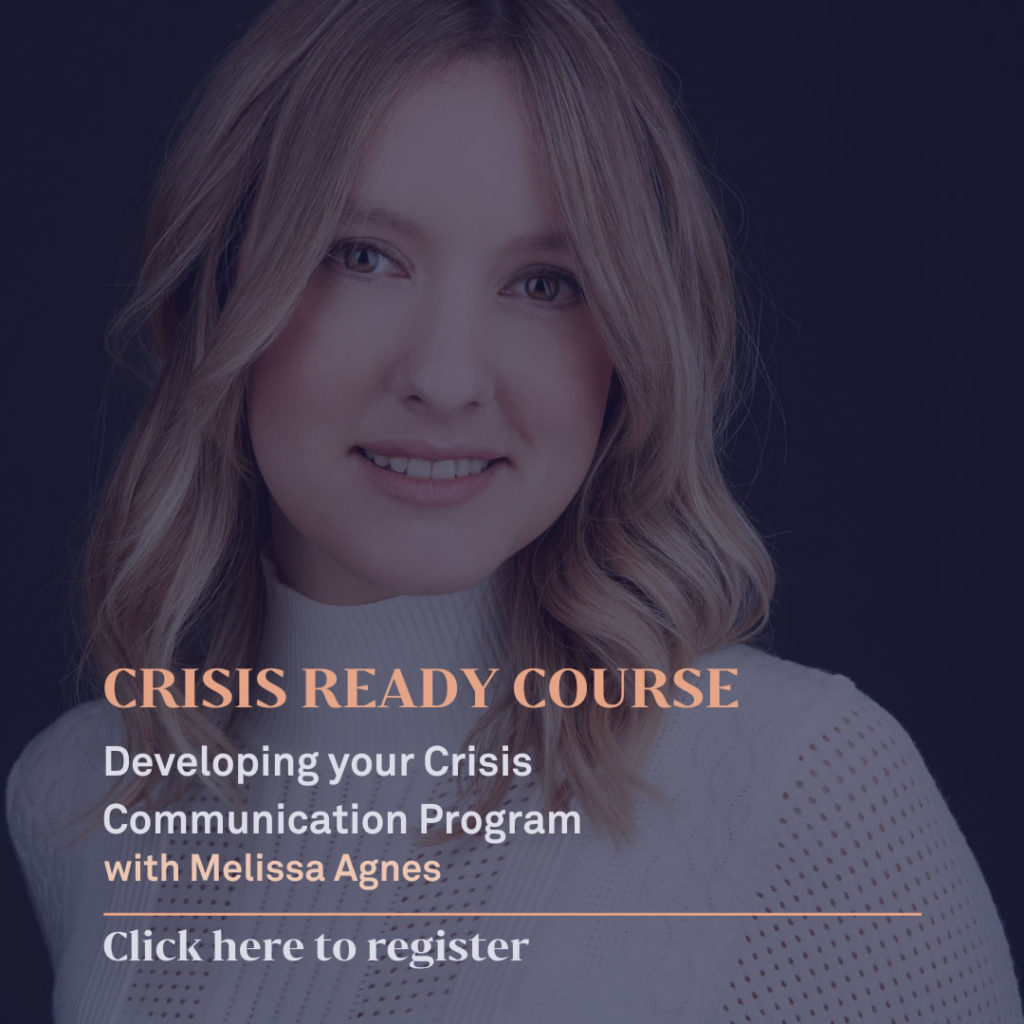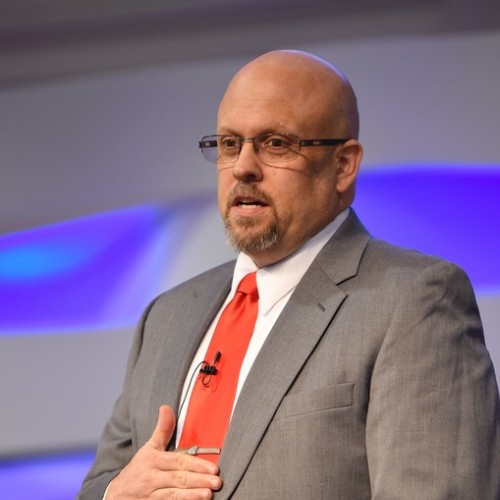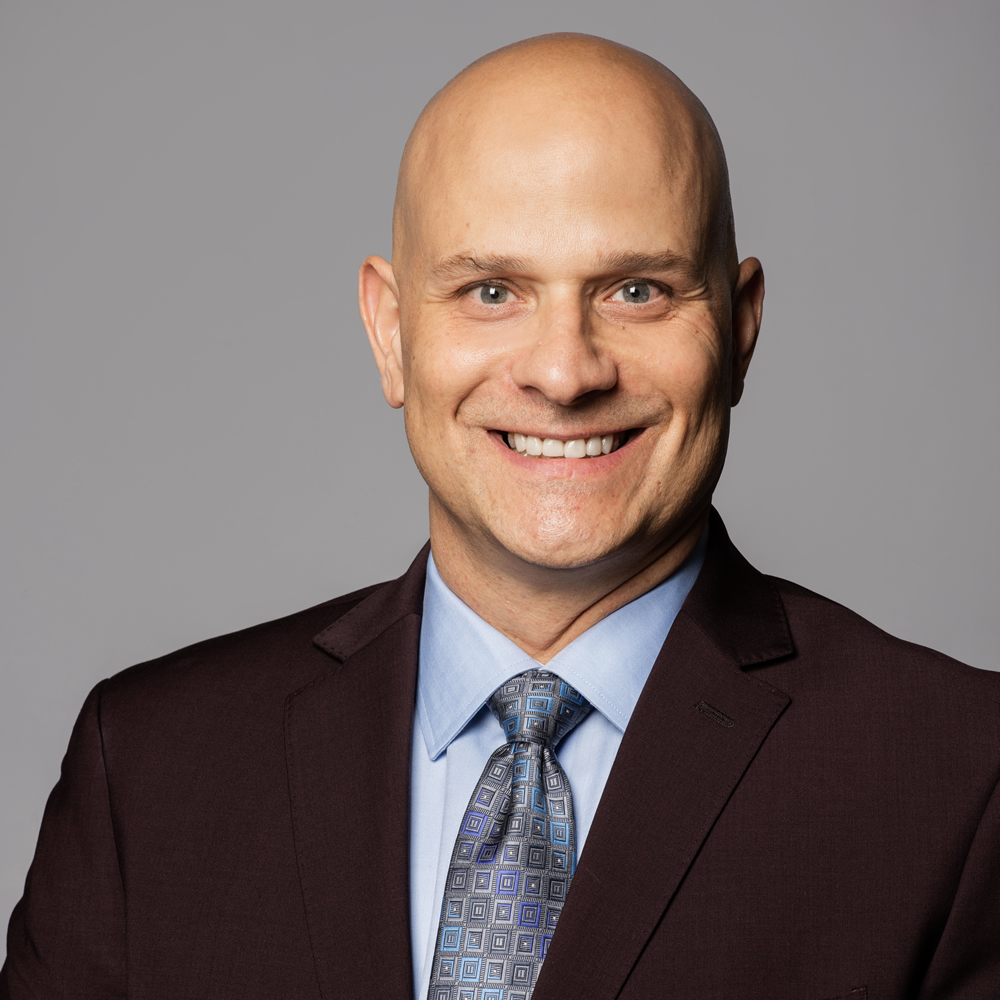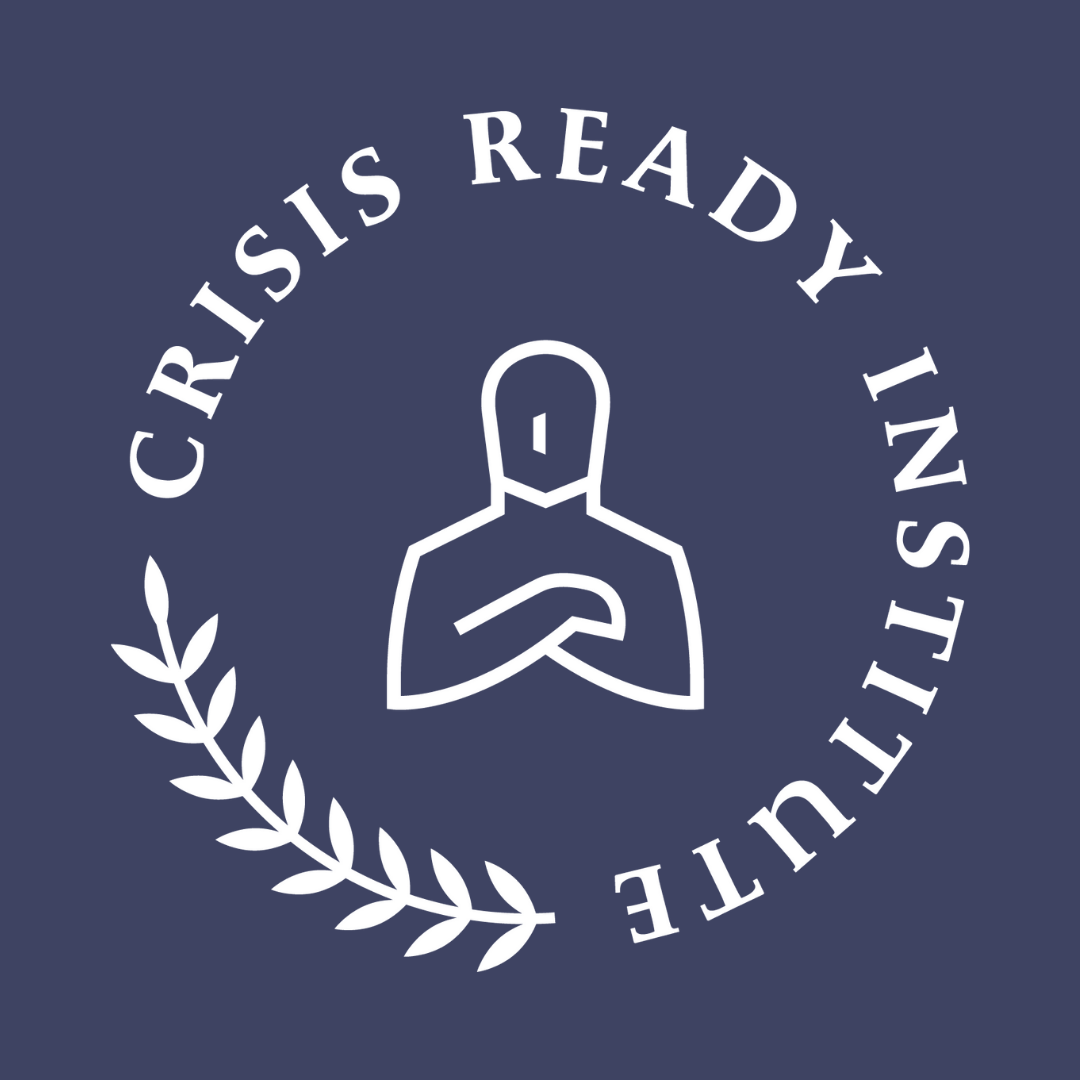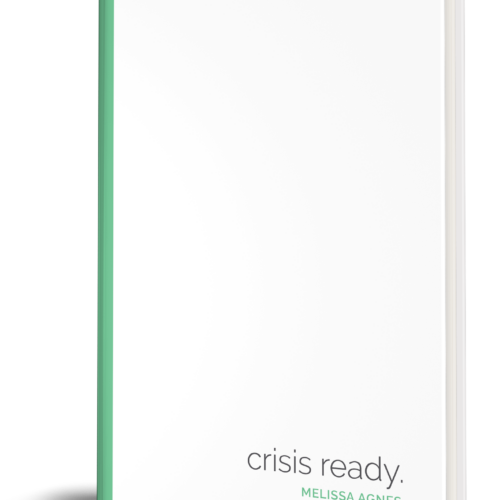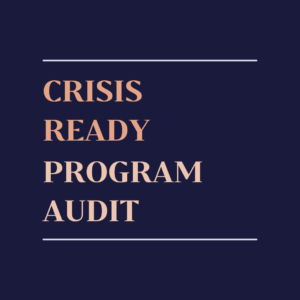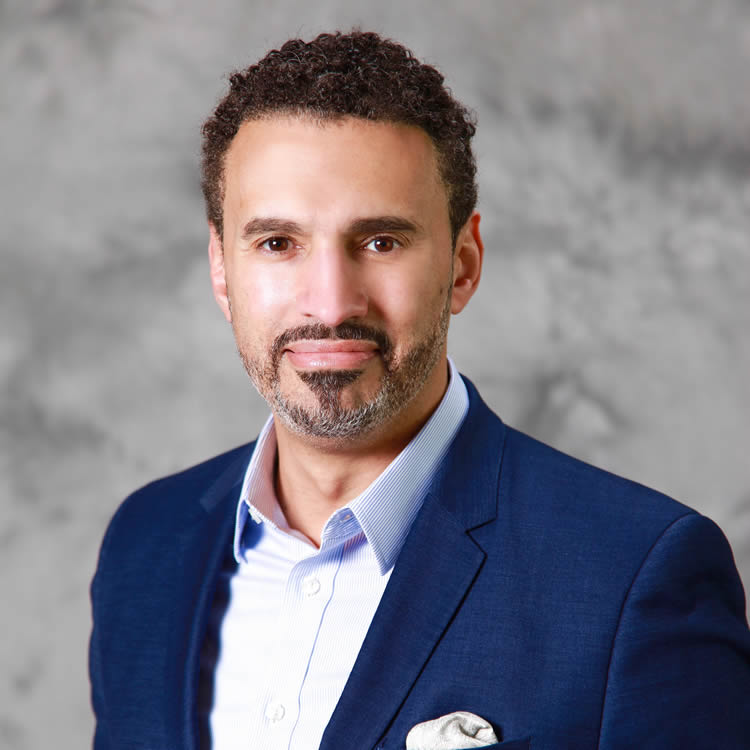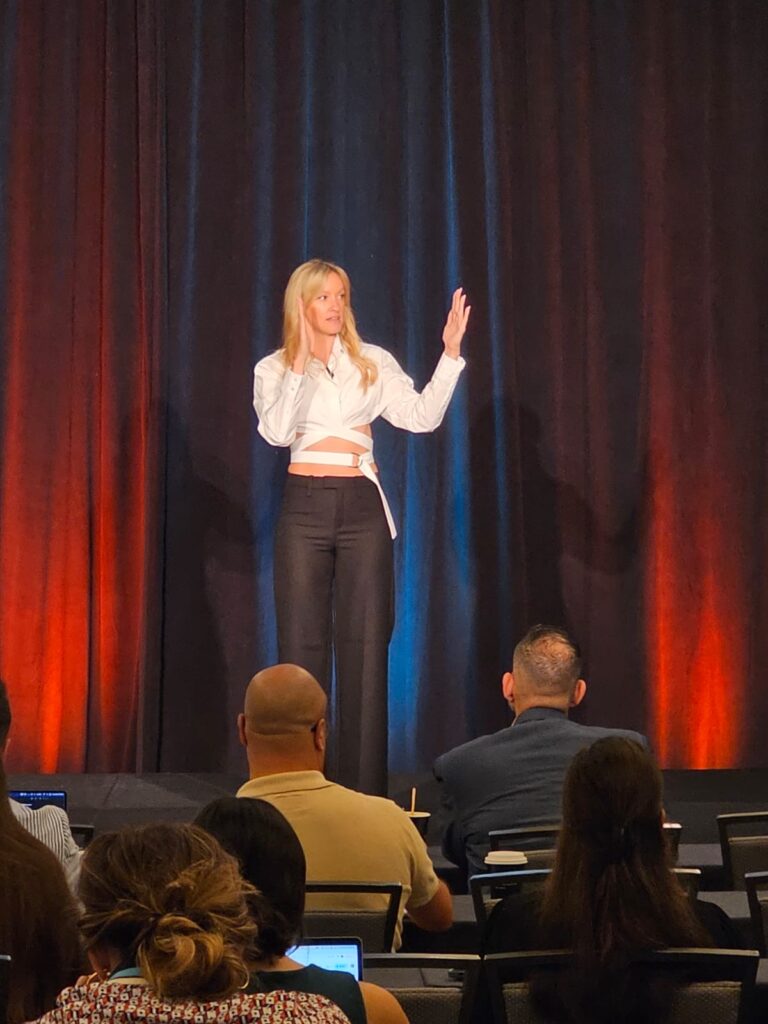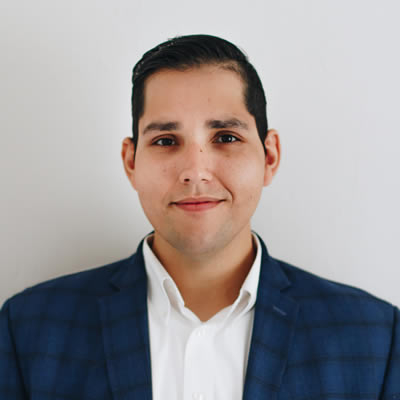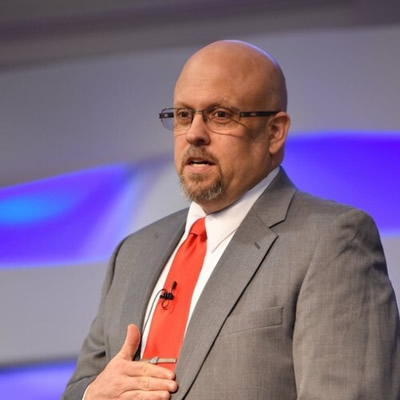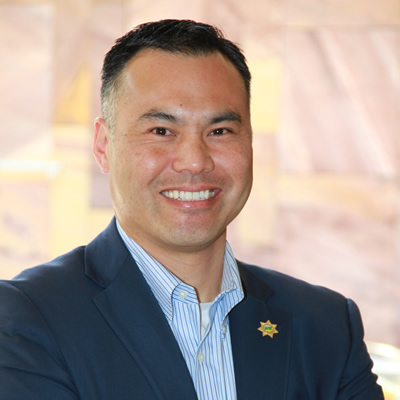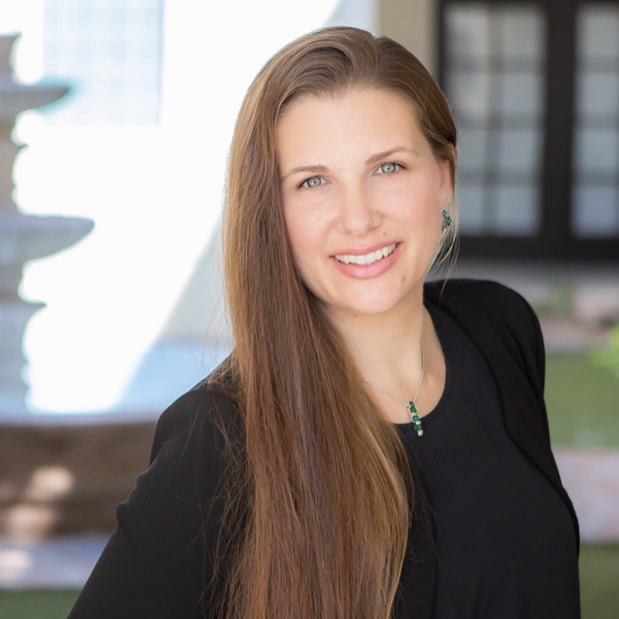COVID-19 is slowly becoming a part of “normal” life.
Vaccination rates are going up.
Fatality rates are going down.
Infection rates are doing their own thing.
People are getting used to seeing others going about their daily business wearing a mask. Handshakes have effectively disappeared, and “Zooming” no longer means running around in circles to burn off excess energy.
People and organizations are becoming complacent. A lot of people are saying, “…it was not THAT bad.”
I suppose I can see their point of view. Only when I don’t consider the ~2,000,000 families worldwide who have lost a loved one, the essential workers who have been maintaining a herculean effort for more than a year, and the millions of people who have lost their jobs because of the protective measures put in place.
It was THAT bad… but it could have been worse
Here is my issue – it was THAT bad. We were just barely able to manage the threat and mitigate the consequences. That said, it could have been worse and we appear to have survived the worst parts of the Pandemic so far. For example:
- The global public health system did not completely collapse. There were no bodies in the streets. The death toll, while significant, could have been orders of magnitude greater.
- In terms of numbers, most national economies have survived and are starting to recover. Businesses are adapting to the new environment, and people are returning to work.
- People are settling in for the long haul. In the U.S., toilet paper has returned to the stores. It is no longer impossible for first responders and medical providers to obtain PPE (and we all know what PPE means now).
If a global pandemic happened again, would we do better?
We need to be thinking about just how we pulled this off, learning from our collective experiences, because at this point, I do not believe that we could do it again.
- The ongoing Pandemic response has been politicized – there is no “we’re in this together” anymore. It is all about the interest group or the individual.
- The public’s trust level in government is dismally low. Governments appear to be focusing on squandering what little trust remains by making inconsistent, reactive decisions and failing miserably at communicating the “why” to go with the “what.”
- The lack of effective communication means that many people retreat into echo chambers. They are searching for comfort in their confirmation bias and being exposed only to people and messages that they already agree with.
- This neo-tribalism has led to an increasing number of people rejecting the concept of collective action to mitigate the Pandemic. An increasing number of individuals are resisting ongoing protective measures, and many have indicated that they will not return to isolation/quarantine. Meanwhile, there are not many other practical tools outside of that type of physical distancing available for public health to deal with a novel pathogen or disease’s early stages.
- Supply chains are still brittle – producers, processors, and manufacturers are still recovering. Logistics and shipping systems are not much better. Very few, if any, people seem to be listening to the warnings from experts voicing their concerns. We are watching this play out in terms of computer chips for new vehicles, raw and processed materials for new construction, and even vaccines for COVID-19… and instability in terms of Food Security on a global scale will most likely bring these issues to a head in the coming years.
- We have not reconstituted the stockpiles of supplies deployed during 2020.
- Our response programs are at maximum effort and have been for a long time. There is not much surge capacity left. If any.
What this all means
We are locked into a cycle of reacting to the latest data because nobody has taken the time to actually translate that data into useful information – it takes too long and nobody has the patience to wait. It seems that our leaders have abrogated their responsibility to actually lead in favor of playing to fear and uncertainty. That limited mindset has us focused on the immediate environment and immediate gratification that we have lost our view of the horizon, and consideration of what might be just on the other side.
And while we manage through all of this, we also need to keep our eyes on the horizon and think about what comes next.
On the macro-level:
- Critical Infrastructure across the United States is beginning to show its age. Networks and systems maintained by the lowest bidders applying a series of band-aids are beginning to fail.
- Social and political polarization across the world is continuing to increase, accompanied by unrest and instability. In the United States, our 245-year-old social experiment as a representative republic is showing its age. The differences between “then” and “now” are creating cracks and fracture points that are not getting any smaller.
- A new era of Great Power Competition is beginning. Nations that have been playing the long game appear to be accelerating their activities. What has appeared to be stable for decades may not be for much longer.
- Population growth and urbanization continue to move more and more people into the human/nature interface. We are living closer to natural hazards and displacing creatures large and small. We are stressing our environment in ways that nobody can truly understand, but we are beginning to see the consequences accumulate.
- In the U.S., hurricane season is just around the corner, and the wildfire season forecasts are not helping to make people feel optimistic.
On the micro-level:
- Humans are social creatures – we have been isolated from our communities and support networks during the Pandemic. That causes an immense level of stress.
- Interpersonal skills are just that – skills. We need to practice those skills to maintain them. Our Pandemic isolation means that we are all out of practice.
- People are starting to return to group settings. Increased chronic stress levels, combined with atrophied social skills, can quickly turn into aggressive behavior and possibly violence.
- The growing mental and emotional health crisis will reach levels that most developed nations have not experienced in recent memory. Modern societies have become emotionally brittle, focusing on gratification instead of resilience.
There’s good news! The opportunities through all of these challenges, realities and risks are abundant
We have lived through a societal disruption on a massive scale since the declaration of the COVID-19 Pandemic. That disruption has created opportunity as priorities and focus shifted to manage immediate threats and hazards. It also created opportunity by exposing strengths and weaknesses of incident and crisis management. From the highest philosophical level debating communications theory to the most granular tactical challenge of sourcing and distributing PPE, the ongoing attempts to manage the Pandemic are re-shaping how we think about our science and art.
As responders, incident managers, crisis managers, and members of our communities – we cannot become complacent and relax because the Pandemic appears to be winding down. We survived so far, but we have exposed weaknesses and assumptions in our systems that are quickly becoming points of critical failure.
Now is not the time to step back.
Now is the time to take a deep breath and double down. We need to start thinking about prevention and preparedness – for what is coming around the next bend in the road.
Where do we go from here?
The phrase “never let a good emergency (disaster/crisis) go to waste” has been politicized and used to exemplify government overreach. We need to reclaim that message and run with it. The COVID-19 Pandemic has presented tremendous opportunities to learn about what worked and what did not. Our only reasonable option is to take advantage of those lessons and learn from them. We cannot afford to have these lessons to be learned become lessons lost.
What is in YOUR power to do?
Do not let what we have experienced during the Pandemic go to waste.
- Do not fall back into the fallacy of “it can’t happen.” That is a significant part of what got us to where we currently are in terms of the Pandemic.
- Do not let the challenge overwhelm you. There are numerous cliches out there about every journey starting with the first step, or a single snowflake triggering an avalanche, or describing the way to eat an elephant as “one bite at a time.” The key here is taking that first step/flake/bite. Find the components of this challenge that you can wrap your arms around and engage.
- Start local. Look at the lessons to be learned from the communities that you are a part of. Do not try to solve problems for the world. Try to find the best way forward for you, your family, your organization, and your neighbors.
- Take a systems-based approach. The Pandemic has been a consistent example of the Butterfly Effect – actions taken on one side of the globe have significant impacts on the other. Look for those relationships and interdependencies. Points of interaction will frequently include opportunities to prevent, protect against, mitigate, and ready ourselves for disruptions.
- Talk with your peers. Crisis Management is a team sport. The more brains considering a challenge, the more likely you will develop the best possible way forward. Actively participate in the discussions while collectively trying to understand where we are and figure out what might come next.
The Pandemic is not done with us yet. We do not wholly understand the final value of our response and mitigation strategies or the unintended consequences of decisions made to manage this crisis. In the context of public health, we can see the light at the end of the tunnel that might not be an oncoming train. For everything else, raise your lanterns high and forge a way ahead.
I will end my thoughts about what we need to be thinking about as the Pandemic winds down with a quote that came to mind when I started writing this post.
“The bravest are surely those who have the clearest vision of what is before them, glory and danger alike, and yet notwithstanding, go out to meet it.” Thucydides

